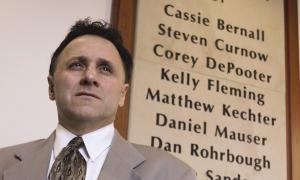article
A Second Revolution
This piece is to accompany the Teaching Tolerance article "Getting the Civil War Right." Some historians have called the period of Reconstruction that followed the Civil War the "second American Revolution" and the 13th



